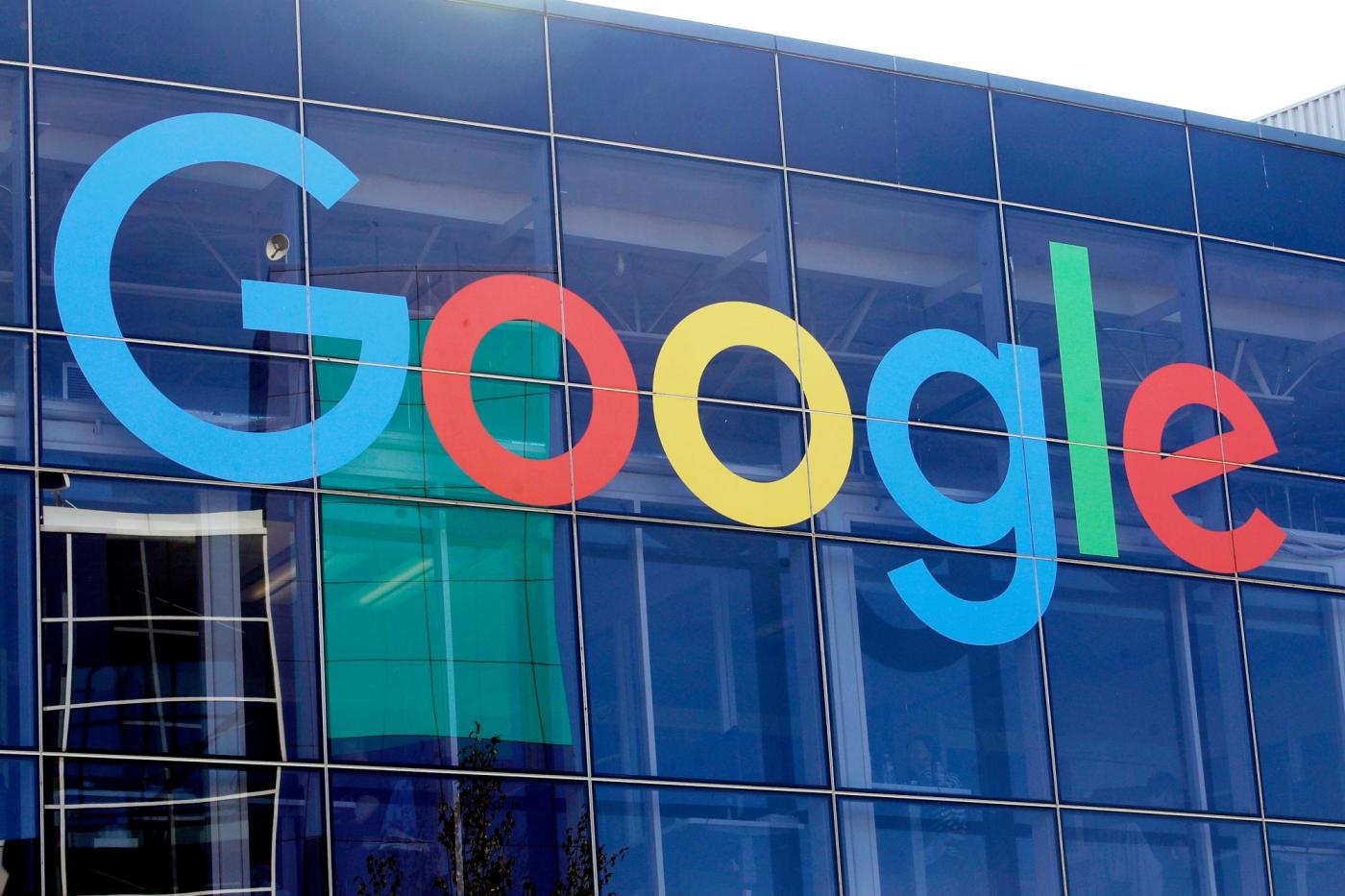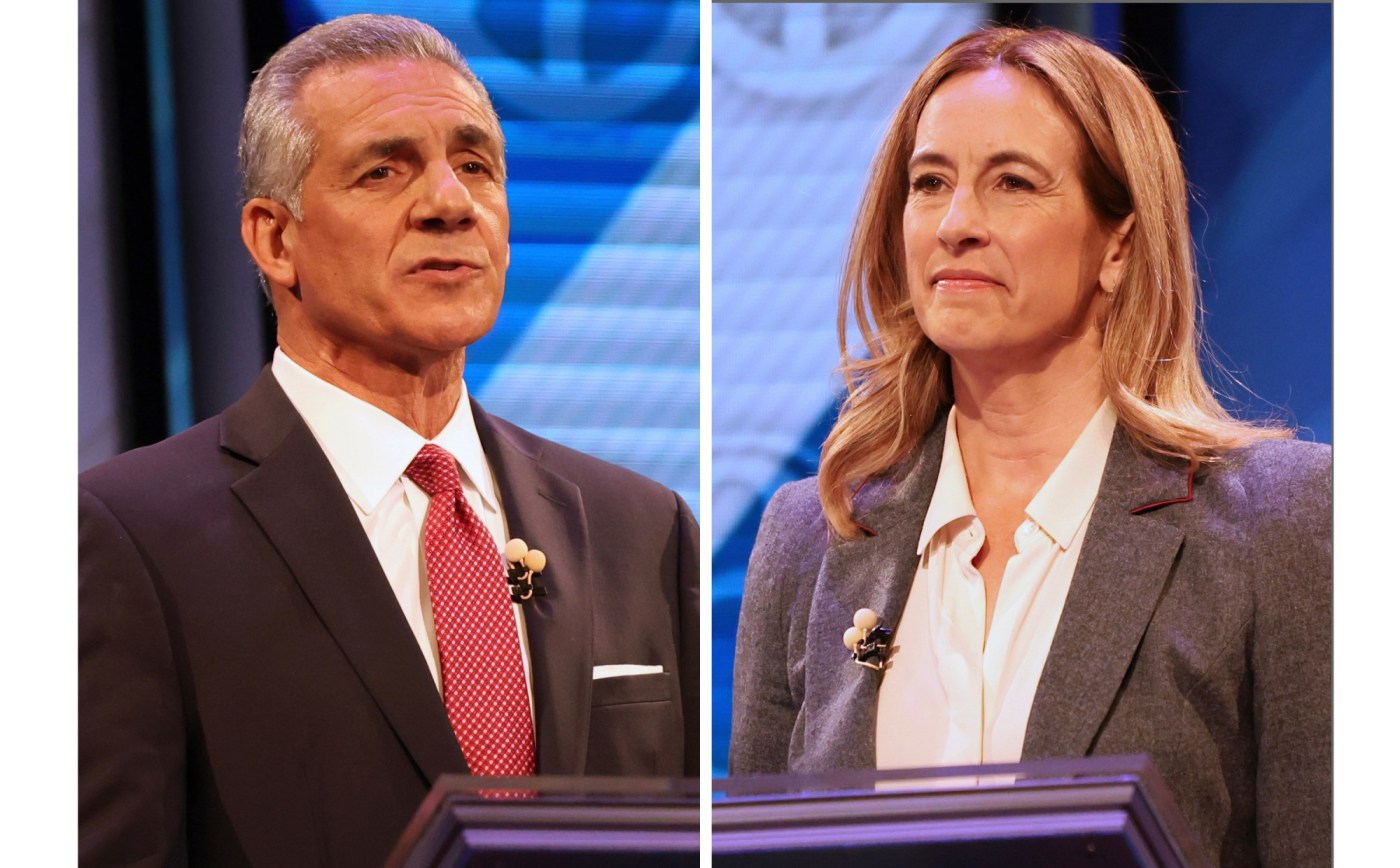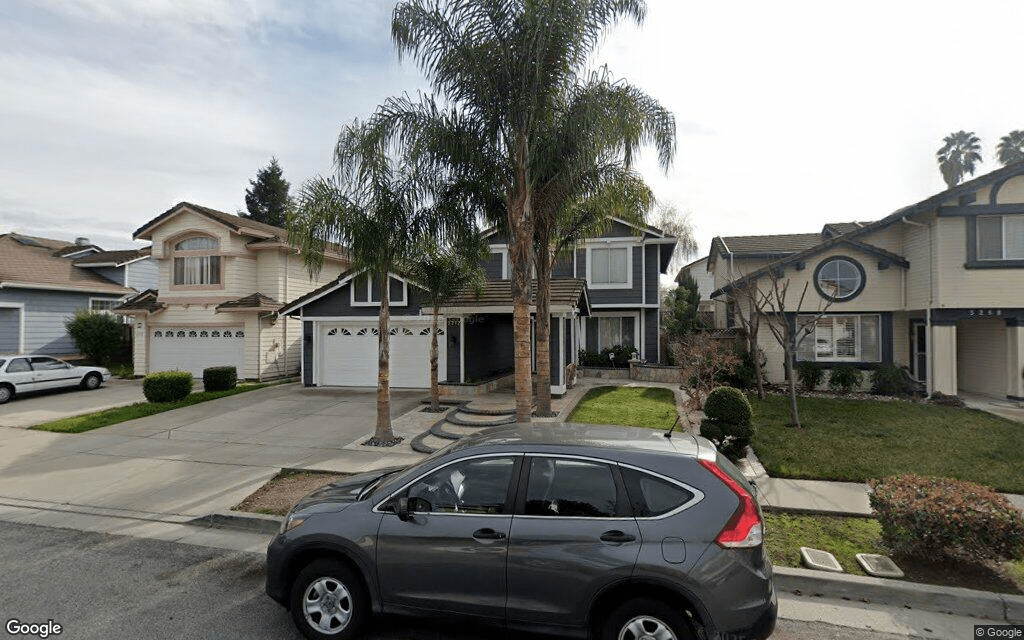Under a blockbuster anti-monopoly court ruling on Tuesday over internet search, Google will not be forced to break itself up.
The Mountain View search and digital-advertising giant will not have to sell its wildly popular Chrome browser or globally pervasive Android cell-phone operating system, a federal court judge ruled.
But Google must stop cutting exclusive deals with other companies to make its search engine and other products the only available choices on consumers’ devices.
“Google’s monopoly has endured for more than a decade,” Washington, D.C. federal court Judge Amit Mehta said in his 226-page decision, adding that there has been “little meaningful market entry” to challenge the technology behemoth’s lock on search.
The U.S. Department of Justice, joined by nearly every U.S. state, sued Google in 2020, alleging in a court filing that the company’s search monopoly “caused significant, long-running harm to competition.”
Critics alleged the monopoly allowed the company to degrade search results.
The department and states asked Mehta to issue remedies that would strike deep into Google’s vastly lucrative business selling digital ads in connection with its search engine, a primary driver of profits for its parent company Alphabet that surpassed $100 billion last year. The plaintiffs asked Mehta to make Google sell Chrome, and, if the judge’s remedies failed to eliminate Google’s monopoly, unload Android later. Mehta shot down both proposals.
Related Articles
Study says AI chatbots need to fix suicide response, as family sues over ChatGPT role in boy’s death
Google’s bill for grabbing kids YouTube user data hits $200 million with new $30 million settlement
Google’s Pixel 10 phones raise the ante on artificial intelligence
Google, Stephen Curry ink multiyear health tech deal
Google to pay $36M fine for anticompetitive deals with Australia’s largest telcos
Mehta did approve the plaintiffs’ request to prohibit Google from exclusive contracts for distribution of Google Search, Chrome, its Google Assistant help-bot, and its AI chatbot Gemini.
However, the judge allowed Google to pay companies to place its Search, Chrome and AI products on devices, including by pre-loading Google products as defaults when devices are first sold.
That provision, said Wedbush Securities analyst Dan Ives, delivered a “monster win” to Google and Apple, which have a multi-billion-dollar deal to make Google Search the default option on iPhones.
“While in theory Google is barred from ‘exclusive deals’ for search,” Ives said in a note to investors, “this now lays the groundwork for Apple to continue its deal.”
Apple and Google did not immediately respond to questions about how, if at all, the order might affect their deal, and how they might respond.
The American Economic Liberties Project, a non-profit dedicated to fighting monopolies, slammed Mehta’s ruling, saying the judge let Google “protect its monopoly,” and that his ruling should be appealed.
“The Court found Google liable for maintaining one of the most consequential and damaging monopolies of the internet era,” said the group’s executive director Nidhi Hegde. “This ruling leaves the public unprotected, crucial and evolving markets concentrated, and worse, sends a signal that will embolden monopolists everywhere.”
Under Mehta’s ruling, Google will also have to provide certain search and user data to competitors at minimal cost.
The remedies are to last six years, and Mehta said he would adjust them later after hearing from Google and the plaintiffs on certain elements.
Check back on this developing story.





